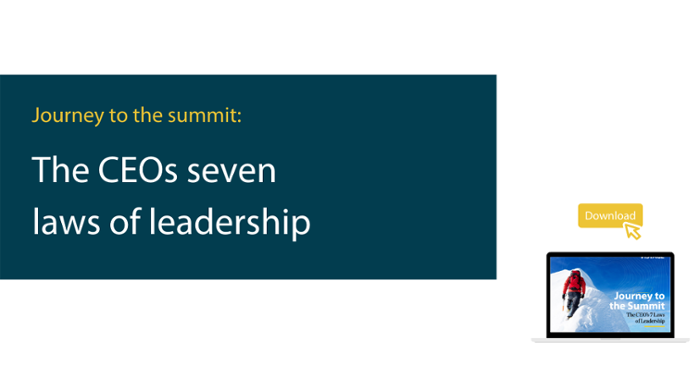Right now businesses around the world are facing a big decision: how to work in a post-pandemic world. There are three clear options: continuing with a fully remote workforce, using a hybrid model, or a full return to working IRL. According to a recent study by the CIPD, hybrid working is the most popular choice, with 63% of businesses planning to ‘boost hybrid working’.
While there are many benefits to this model, in order to make it work, it’s crucial that you consider personality types. Your model needs to suit the needs of introverts as well as extroverts. If it doesn’t, you’re likely to see a negative impact on employee engagement, and ultimately, on retention of talent.
During COVID, many introverts have thrived in their work roles. From independence and the ability to work at your own pace to less social interaction and more opportunities for autonomy, if you’re an introvert, the chances are you’ve enjoyed this way of working. So what happens in a hybrid model? With extroverts more likely to want to go back to the office, how do you ensure your introverted employees remain engaged, productive and happy?
COVID has highlighted the fact that the business world has always been designed and tailored for the needs of extroverts. We’ve also seen (more than ever before) that introverts are highly creative, productive, and natural born innovators. That’s why you can’t afford to lose them.
One person who knows how to make sure your hybrid working is set up for introverts, is Erica Dhawan. The author of the bestselling book Digital Body Language and and CEO of Cotential recently spoke about hybrid working at the Vistage Summit. If you missed it, you can watch the full webinar here. Here’s a taste of what to expect...
Want to become a better leader? Find out about the 7 Laws of Leadership. 
Open lines of communication outside of meetings
Introverts think before they speak. They’re natural problem solvers, which means they like to ruminate, and usually only speak when they feel they have something valuable to say. During the pandemic, introverts have been afforded the time and space to operate in this way. In a hybrid model, it’s vital that this continues.
Make it clear that communication can happen at any time - not just during designated meetings. While extroverts thrive in the company of others, introverts are usually the opposite. They may have something they’d like to contribute but it may come hours or days later. By keeping the lines of communication open beyond meetings, you’re effectively giving them time to think and speak when they’re ready. This will ensure they remain included and engaged.
Clear agendas that allow for preparation
Introverts need time to plan ahead. They thrive when they’re given the chance to reflect and prepare. While extroverts can flit quickly from one thing to the next, introverts don’t work well under those conditions. They don’t like to ‘wing it’. They work well with systems and structure. Your hybrid model should allow for this.
If there’s a presentation or a meeting - particularly if your introverted employee is the focus - it’s imperative that you allow them adequate time to prepare. By doing this, you’ll ensure that they feel comfortable and in control.
Find out what other leaders are thinking in our latest Vistage Confidence Index.
Don’t interrupt their speaking
Introverts are excellent listeners. Rather than enjoying the sound of their own voice, an introvert is likely to listen intently to what others have to say. That’s why it’s crucial that when they do speak, they’re given the space to finish their thought.
Unlike extroverts, introverts are unlikely to vie for attention; if they’re interrupted, they may not try to speak again. If this happens repeatedly, it’s easy to see how someone could become disengaged or feel sidelined.
Downtime in between meetings
Introverts often find face-to-face communication tiring. Unlike extroverts, they simply don’t need or enjoy a lot of interaction with other people. While extroverts often have a great time in meetings, for introverts they are simply a means to an end. They want to understand a task or problem and then be left to focus on that task alone.
Your hybrid work model should take this into account. For introverts, going from one meeting to the next is likely to be frustrating, draining, and exhausting. Introverts like autonomy so make sure you allow for plenty of downtime in between meetings. If there are a few meetings over the course of a day, spread them out to give your introverts plenty of time to decompress, think, and get on with the task at hand.
Connect with other like-minded executives by becoming a Vistage member today.
Image: By Nattakorn via Adobe Stock
Our gift to you...
Apply now for your personal leadership consultation with a Vistage Chair. They'll help you assess areas of strength of your business and identify areas of potential growth.
